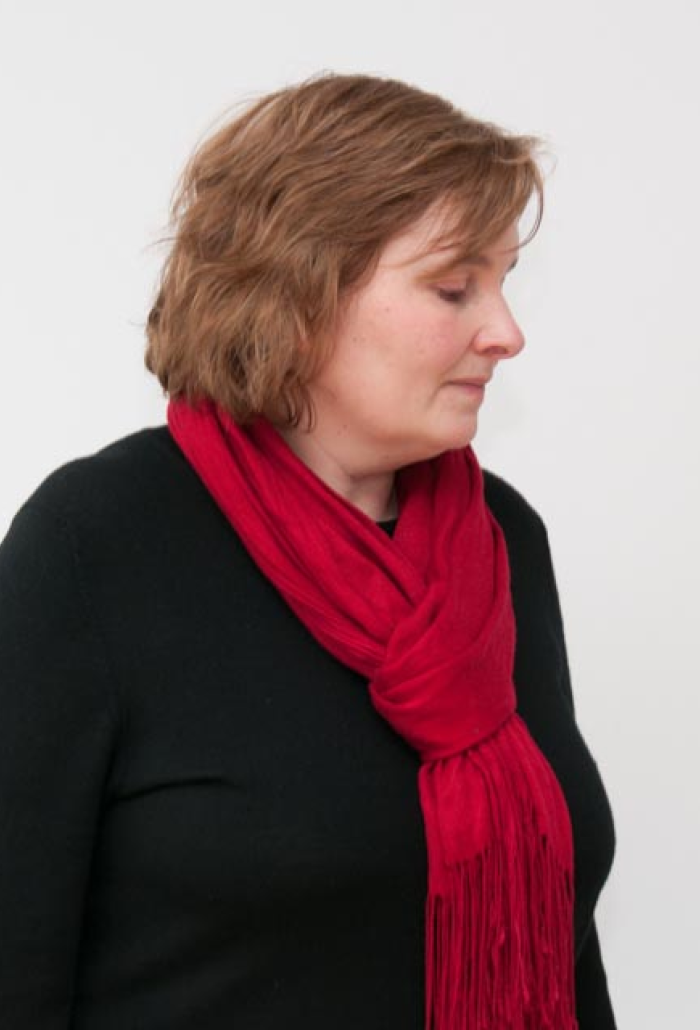
Call for proposals: Who is the 'I' that performs?
Call 15 juli 2019Enacting Musical Identities (28-29 Nov. 2019)
We invite proposals, maximum 300 words, for presentations of any kind (20 minutes + discussion) from artist-researchers whose work relates to the topic. The seminar marks the culmination of the Orpheus Institute’s research cluster ‘Performance, Subjectivity and Experimentation’ and will include free performances and other events linked to that project.
image: © bpk / Staatsgalerie Stuttgart / Heilige Cäcilie - Das unsichtbare Klavier (Sainte Cécile - Le piano invisible), Max Ernst, 1923.
Music reflects identity: that idea is now deeply engrained in both musicology and popular media commentary. The study of music across cultures and practices often addresses the enactment of identity “in” music—how music expresses or represents “an” individual or “a” group. However, there is more to it than this. It is now over twenty year since Simon Frith, developing comments made by Kofi Agawu, took studies of popular music to task for their one-sidedness: for their failure to consider identity as a process formed (and continually reformed) through performance, rather than solely reflected in it. Frith’s words resonated with ideas prevalent in contemporaneous (and subsequent) research in performance studies, particularly in theatre, live art and dance, predicated on understanding identity as performative. Following Judith Butler and others, identity is understood as an emergent process, constituted (not merely expressed) by what we say and do.
These concerns are still very much with us. As Kwame Anthony Appiah (2018) notes in The Lies That Bind: Rethinking Identity, an explosion of “identity talk” provides evidence of an ongoing preoccupation with such matters. In today’s political climate these issues have become ever more pressing.
What has this meant for music in recent years? It is now commonplace to consider identity not as foundational but rather as produced in and through our interactions with others, with “things,” and within structures of discourse and power—in the context of music, with other performers, composers, and audiences, with instruments, other technologies, and contexts of performance, and with arts funders, producers, theorists, and so on. But how does this affect musical practices? What can artistic research bring to this debate? How does—or how might—the work of practitioners reveal aspects of this dynamic? In what sense is identity performed in and through musical practices—which embrace all the makings of music by composers, improvisers and performers, not just the acts labelled “performance.” How do changing musical practices map changes in identity—or changes in understandings of identity? And how do changing identities transform musical practices? Does creative agency interpenetrate with the instantiation of identity—and if so, how?
Call for proposals
We invite proposals, maximum 300 words, for presentations of any kind (20 minutes + discussion) from artist-researchers whose work relates to this topic. Enquiries should be sent to Catherine Laws (catherine.laws@orpheusinstituut.be or catherine.laws@york.ac.uk).
Please upload proposals here: www.airtable.com/shrRS0bhykyYO3ScH
Deadline: Friday September 6th 2019. Applicants will be notified of the decisions by September 19th 2019.
The event also marks the culmination of the Orpheus Institute’s research cluster ‘Performance, Subjectivity and Experimentation’ and will include free performances and other events linked to that project.
The seminar will open at 13.00 on November 28th 2019 and close at 17.00 the next day.
Seminar committee: Catherine Laws, William Brooks, David Gorton, Stefan Östersjö.




